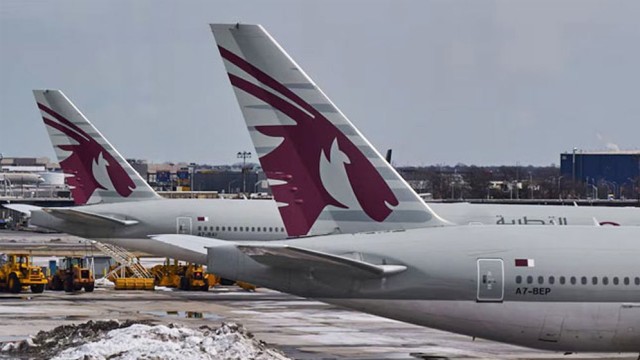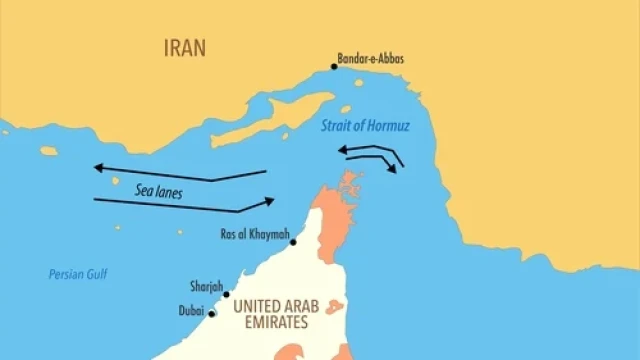Sept 21, V7N - An Israeli airstrike in Beirut on Friday killed top Hezbollah commander Ibrahim Aqil and several other senior figures, intensifying the year-long conflict between Israel and the Iran-backed group. According to Israeli military sources and a Lebanese security source, Aqil, who was a key member of Hezbollah’s elite forces, died along with other commanders. Hezbollah confirmed Aqil’s death, calling it an "Israeli assassination" and stating that he was killed in Beirut’s southern Dahiyeh suburb.
Lebanon’s health ministry reported at least 14 people dead, with rescue teams still searching for missing individuals. The strike also injured at least 66 people, some critically. Multiple missiles hit the garage of a building, where Aqil and others were meeting, causing widespread destruction.
Israeli Prime Minister Benjamin Netanyahu said the strike was part of Israel’s broader military campaign to secure its northern border. Defense Minister Yoav Gallant stated that the military operations would continue until the safety of northern Israeli residents was guaranteed. Tens of thousands of people have already been evacuated from areas near the Israel-Lebanon border due to ongoing hostilities, which started after Hezbollah began launching rockets at Israel in support of Palestinians in Gaza.
Aqil was identified as the acting commander of Hezbollah’s Radwan special forces, and Israeli forces claimed to have eliminated around 10 senior Hezbollah leaders during the meeting. The attack came after earlier Israeli strikes targeting Hezbollah members, which resulted in dozens of deaths.
As tension rose, rocket fire from Hezbollah followed the Israeli strike. The U.N. and international officials, including the U.N. Special Coordinator for Lebanon, warned that the escalating violence could have devastating consequences.
This marked the second time in two months that Israel had targeted a Hezbollah military leader. Aqil had previously been linked to the 1983 bombing of U.S. Marines in Lebanon and had a $7 million U.S. bounty on his head. Israel described him as responsible for planning attacks on its northern border, similar to Hamas’s October 7 operation in southern Israel.
Following the airstrike, Israeli warning sirens were triggered in northern Israel, and retaliatory rocket attacks from Hezbollah were reported. Despite growing fears of broader conflict, U.S. officials, while urging Americans to avoid Lebanon, expressed hope that war was not inevitable.
END/WD/RH/






























Comment: